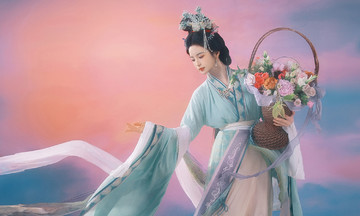With Margaret Atwood’s memoir, Book of Lives: A Memoir of Sorts, coming out later this year, the Guardian revisits some of her most notable works, from dystopian climate fiction to The Handmaid’s Tale.
1. The Handmaid's Tale (1985)
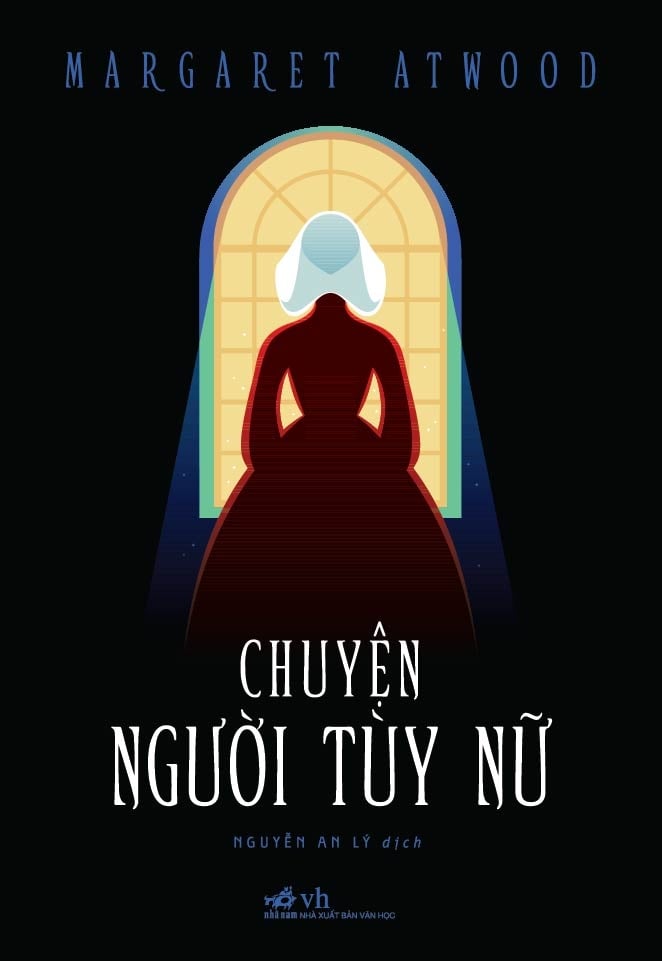 |
Cover of "The Handmaid's Tale". Photo: Nha Nam |
In this dystopian novel, Atwood imagines Gilead, a totalitarian theocracy that has overthrown the United States government. Women are stripped of their rights and assigned rigid social roles. Handmaids, for example, are forced to bear children for the ruling Commanders and their barren Wives. The protagonist, Offred, lives under constant surveillance, endures ritualized sexual abuse, and is stripped of her identity. Despite this, she clings to memories, seeks opportunities to resist, and hopes for freedom. The novel serves as a warning about freedom and gender equality.
Considered a classic of 20th-century dystopian literature, the novel has had a significant impact on popular culture, sparking discussions about feminism, politics, and human rights. In Vietnam, The Handmaid’s Tale was first published by Van Hoc publishing house and Nha Nam company in 2009 and was reprinted in 2019.
2. Cat's Eye (1988)
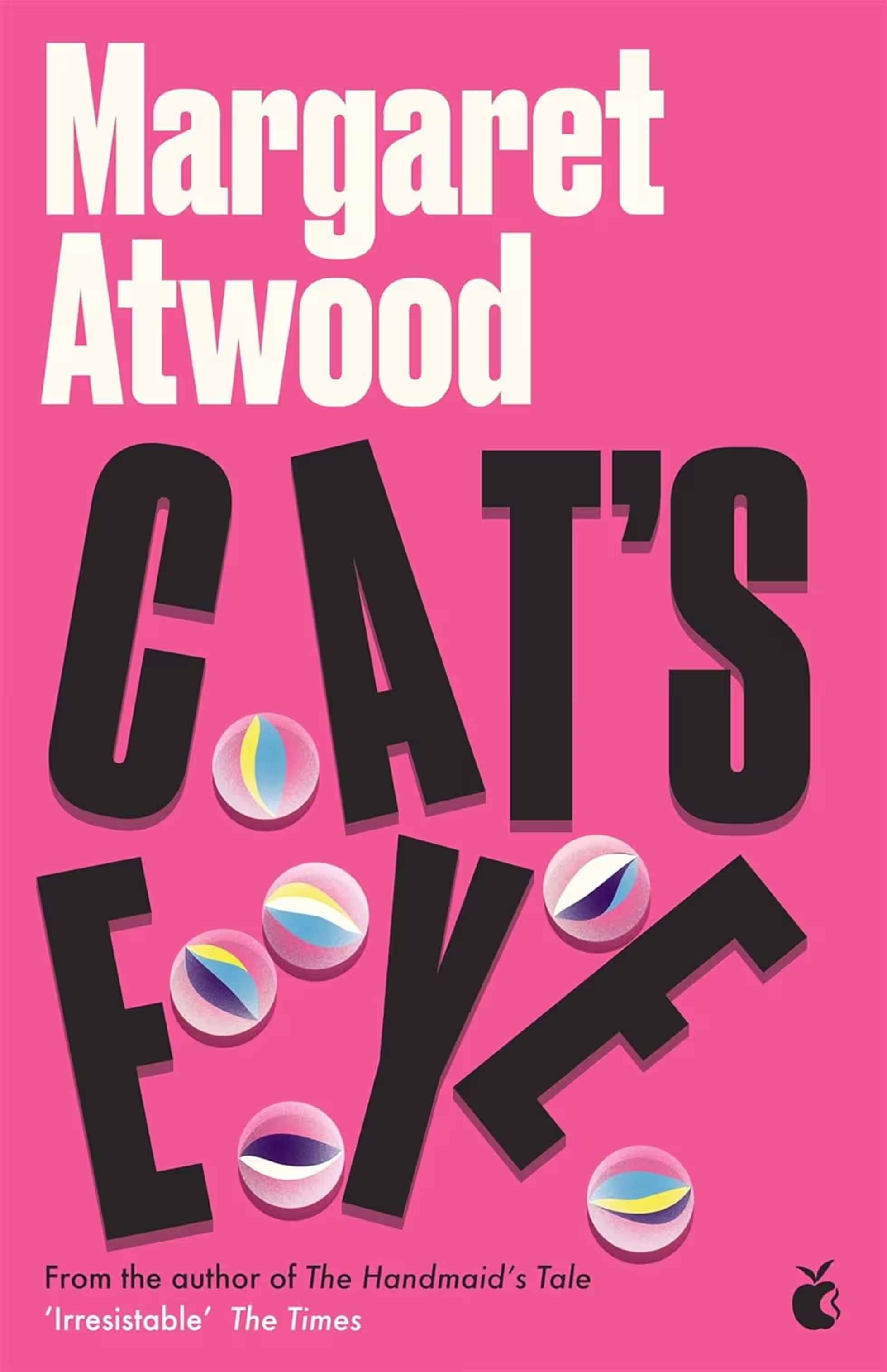 |
Cover of "Cat’s Eye". Photo: Guardian |
Cat's Eye tells the story of Elaine Risley, a painter who returns to Toronto for an exhibition. The trip triggers childhood memories, particularly her relationship with a group of girls who bullied and manipulated her. To heal, Elaine turns to art and self-reflection. The novel explores themes of memory, the complexities of female friendships, and the role of art, while reflecting on the changes in Canadian society since the mid-20th century.
According to the Guardian, Cat’s Eye exposes the “complex and cruel” realities of school life. It has been compared to Hilary Mantel's Wolf Hall for teenage girls.
3. Alias Grace (1996)
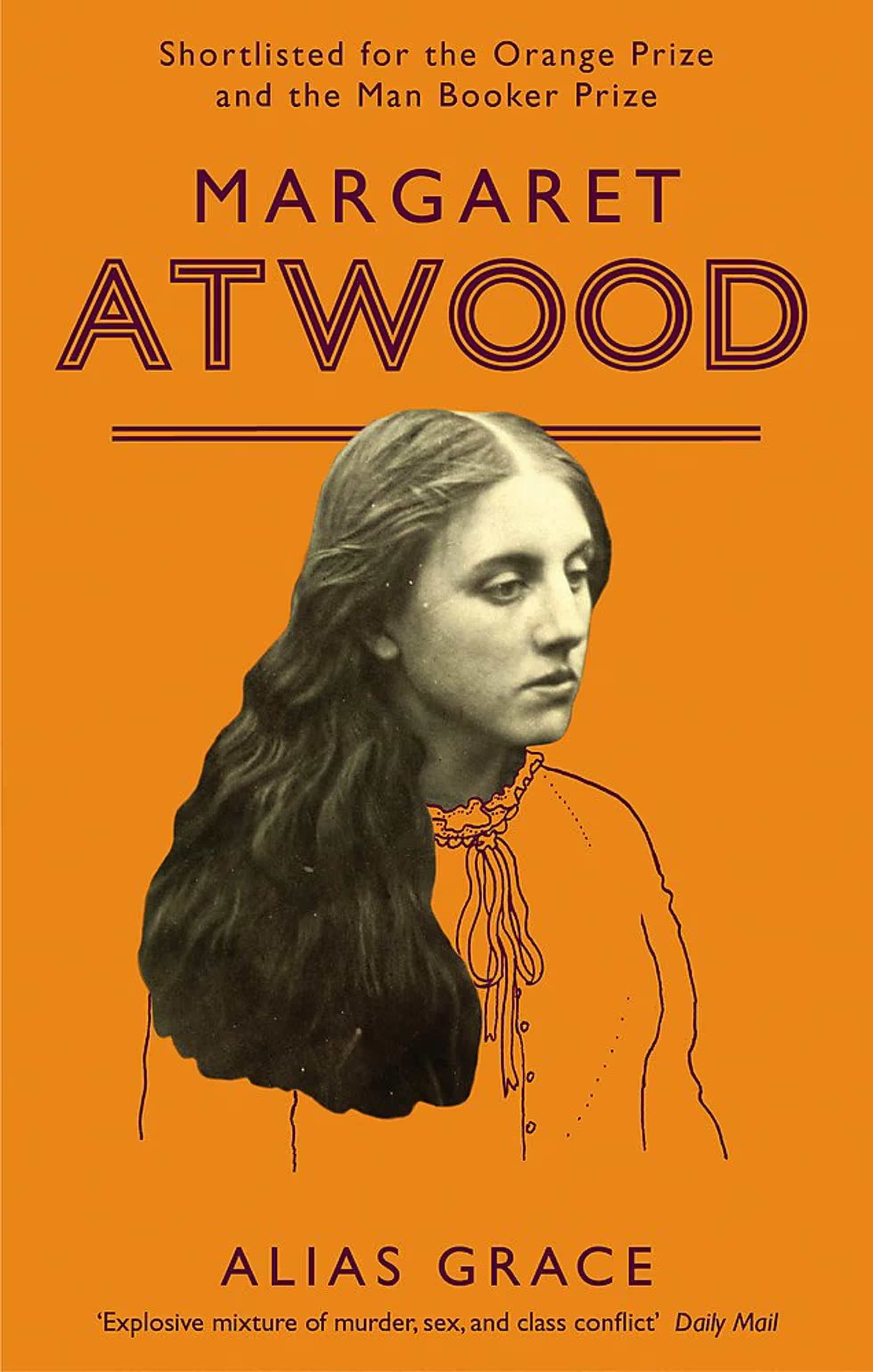 |
Cover of "Alias Grace". Photo: Guardian |
Based on a true 19th-century murder case in Canada, Alias Grace centers on Grace Marks, a young servant convicted of murdering her employer, Thomas Kinnear, and his housekeeper, Nancy Montgomery. Despite her life sentence, Grace claims no memory of the killings. 15 years later, Dr. Simon Jordan is tasked with interviewing Grace to determine if she is truly mentally ill or feigning amnesia. Through their conversations, Grace's tragic life—from impoverished immigrant to abused servant—is revealed. Atwood interweaves Grace's "ambiguous and contradictory" narrative with Jordan's evidence and theories, exploring themes of memory, truth, identity, and the injustices faced by women in the 1840s. The novel also questions guilt and innocence, leaving the reader to decide Grace's true nature.
In 1996, the book was shortlisted for the Booker Prize and won the Giller Prize.
4. Burning Questions: Essays 2004-2021 (2022)
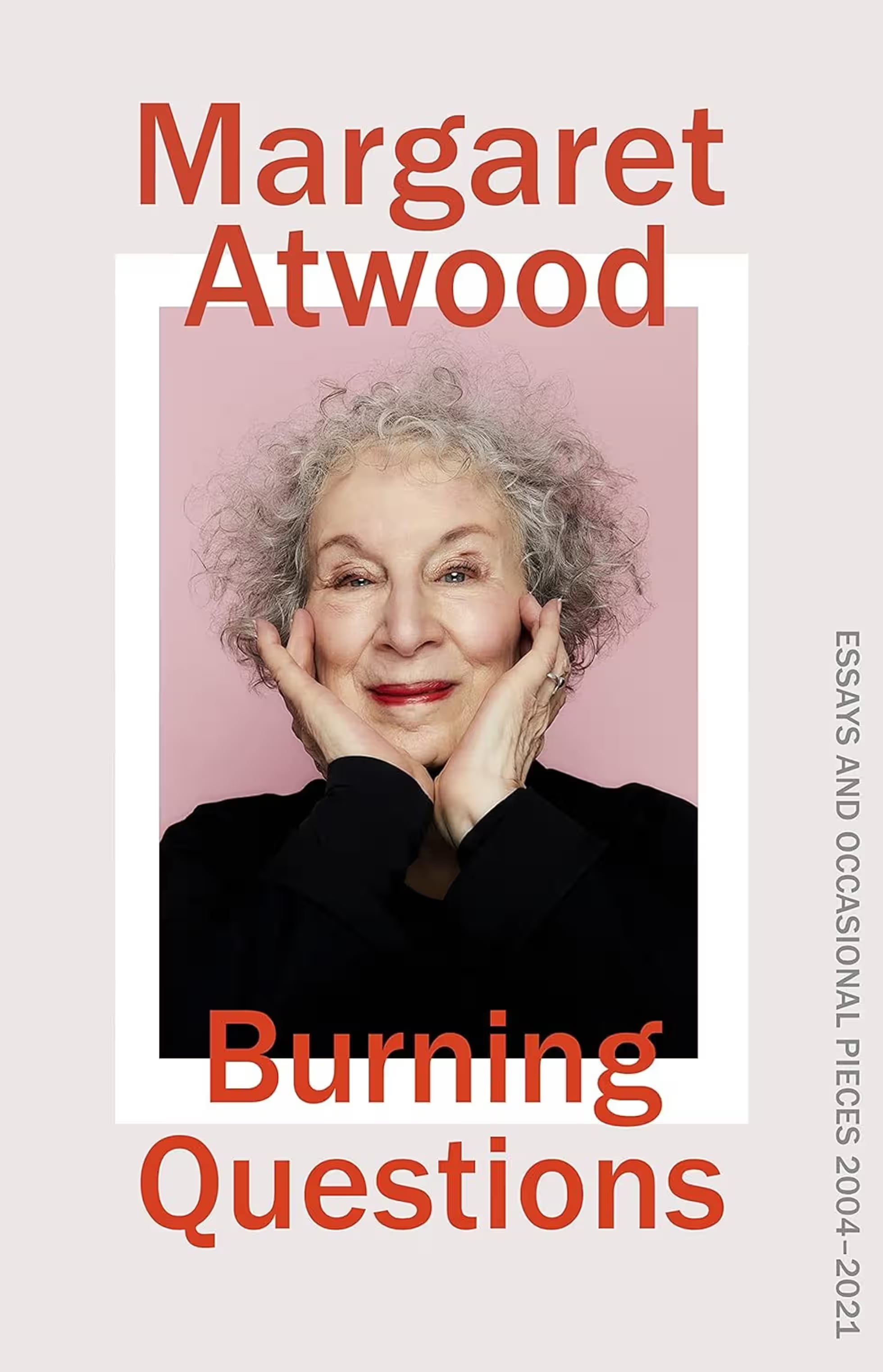 |
Cover of "Burning Questions: Essays 2004-2021". Photo: Guardian |
This collection showcases Atwood's engagement with 21st-century social and ethical issues. She discusses the climate crisis, politics, feminism, human rights, literature, and her own creative process. With wit and erudition, she poses questions that encourage readers to reflect on the world and its challenges.
5. Paper Boat: New and Selected Poems 1961-2023 (2024)
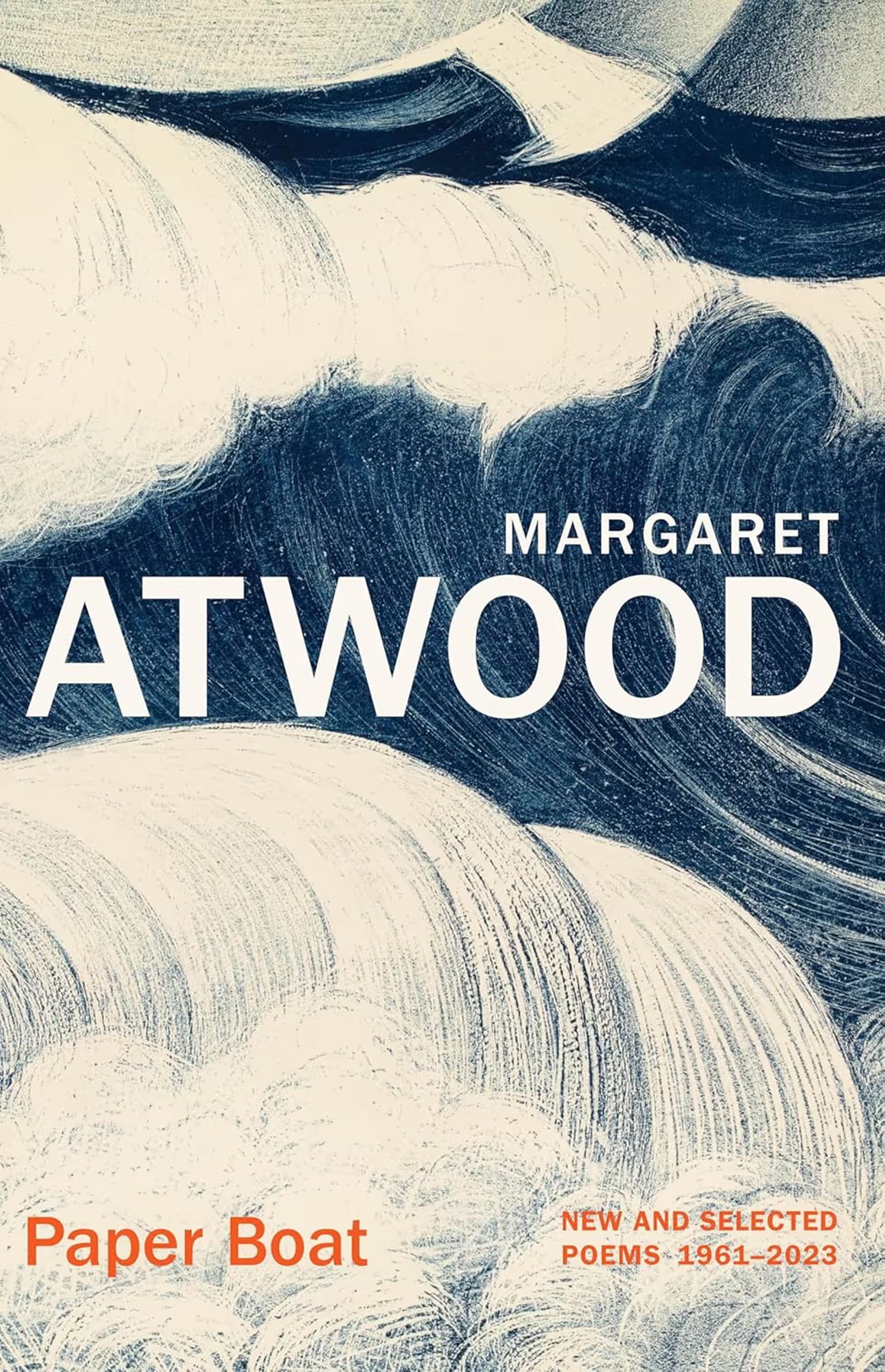 |
Cover of "Paper Boat: New and Selected Poems - 1961-2023". Photo: Guardian |
Atwood began writing at 16 when a poem came to her on the school playing field. Paper Boat spans 60 years of her poetry, published a year after the death of her partner of 48 years, Graeme Gibson. The Guardian notes that Atwood calls poetry "the most joyful form of literature." Readers see a "tender and truthful" Atwood: "How to count each day? / Each day blazing, each day lonely? And each day gone. / I kept some days on paper, in a drawer / They are fading now."
6. The Blind Assassin (2000)
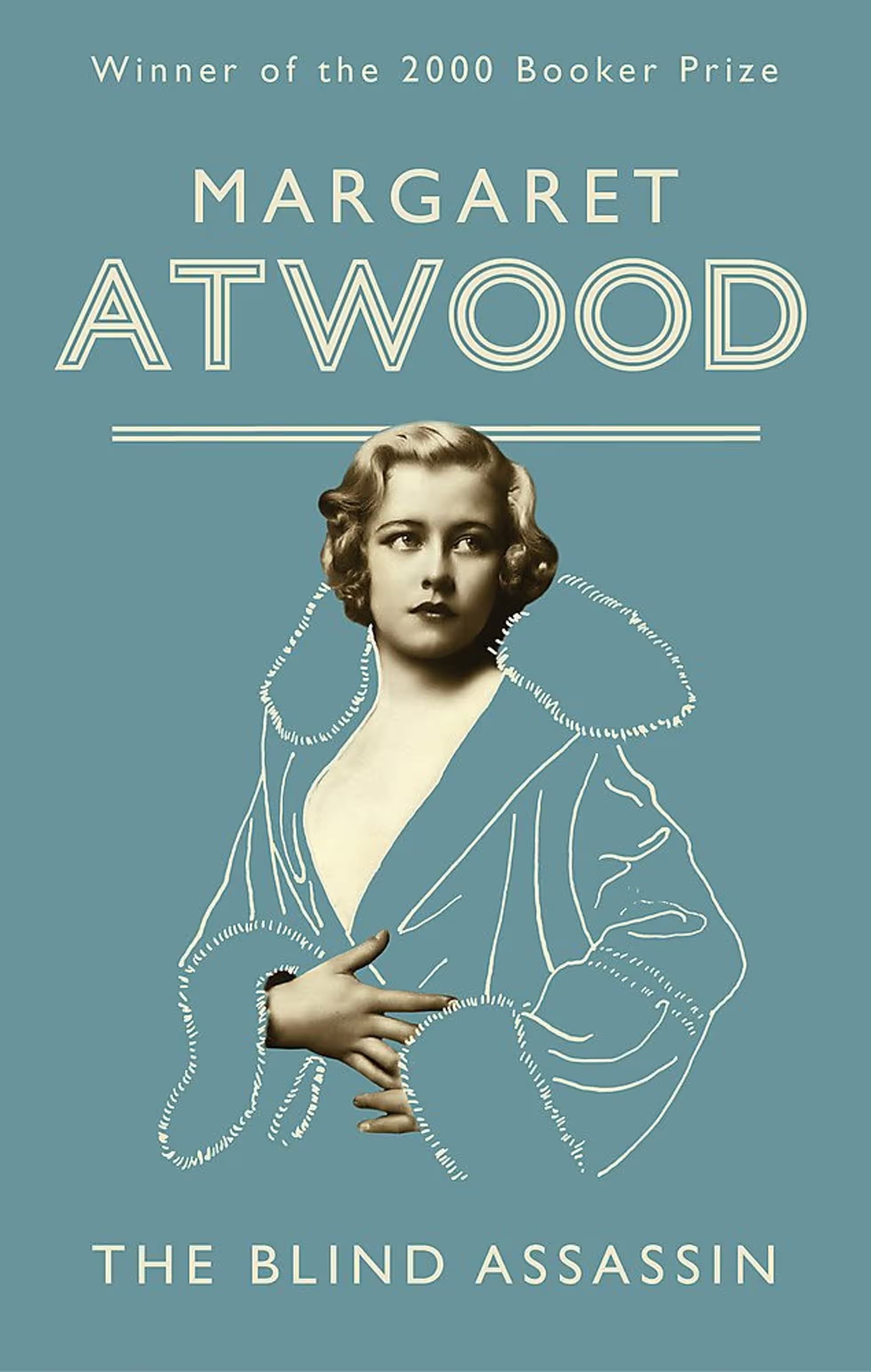 |
Cover of "The Blind Assassin". Photo: Guardian |
This Booker Prize-winning novel (2000) revolves around family secrets and memories. It tells the story of Iris Chase Griffen, an elderly woman who recounts her family history and unveils the mystery surrounding her sister Laura's death. The novel uses a story-within-a-story structure, with Iris narrating the lives of other characters alongside the novel The Blind Assassin, purportedly written by Laura. This embedded novel depicts a forbidden love affair that mirrors the sisters' own lives. New Yorker critic Michiko Kakutani called it “the most purely entertaining novel” of all Atwood’s work.
7. The Edible Woman (1969)
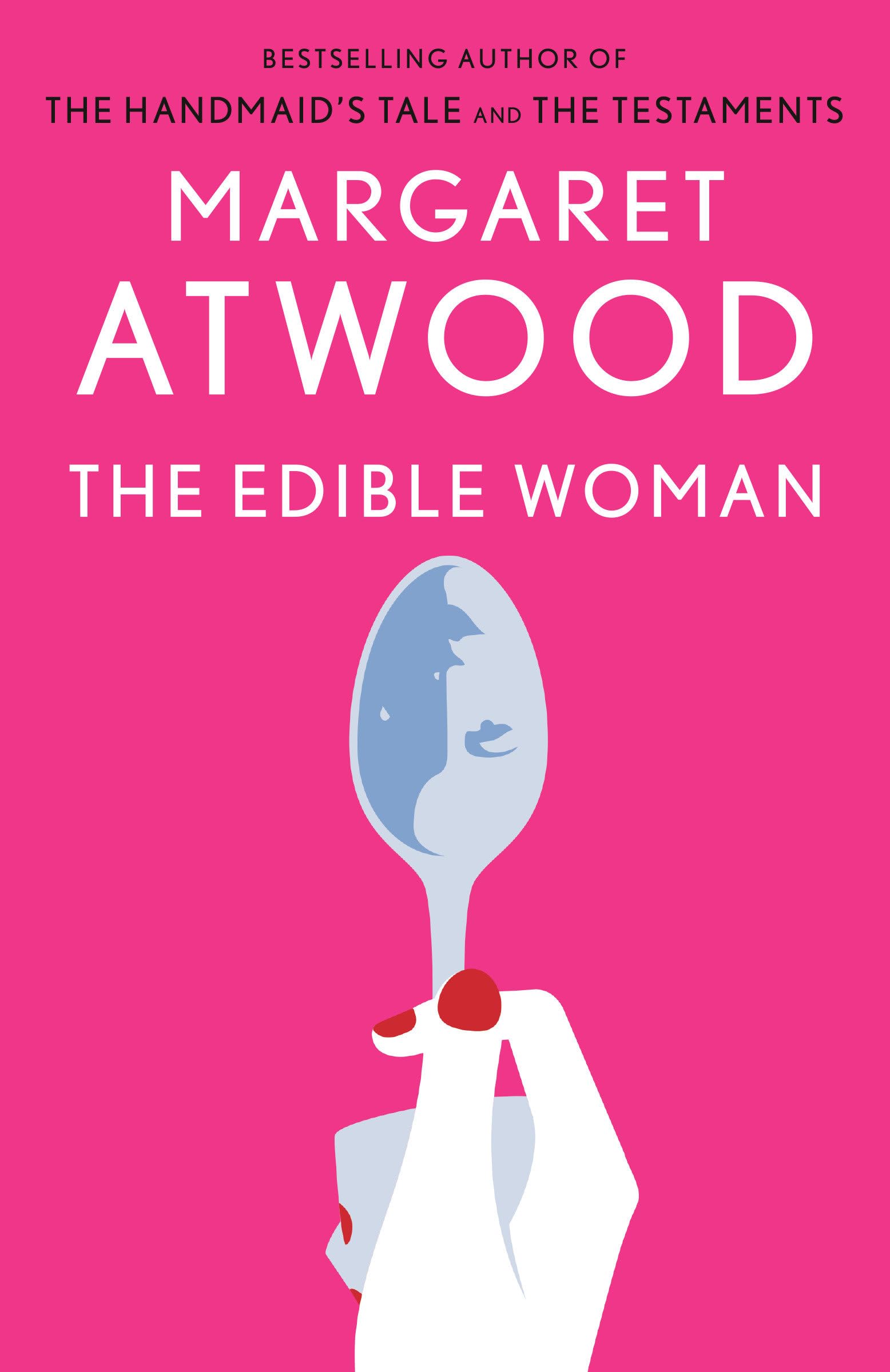 |
Cover of "The Edible Woman". Photo: Goodreads |
Atwood’s debut novel follows Marian MacAlpin, a young woman trapped by societal and romantic expectations. As her wedding approaches, she loses the ability to eat certain foods and feels her sense of self dissolving. The novel satirizes consumerism and sexism, exposing how society "consumes" and confines women through marriage and gender roles. The Guardian describes it as "pre-feminist," as it predates the second-wave feminist movement, demonstrating Atwood’s prescience on gender issues.
8. Hag-Seed (2016)
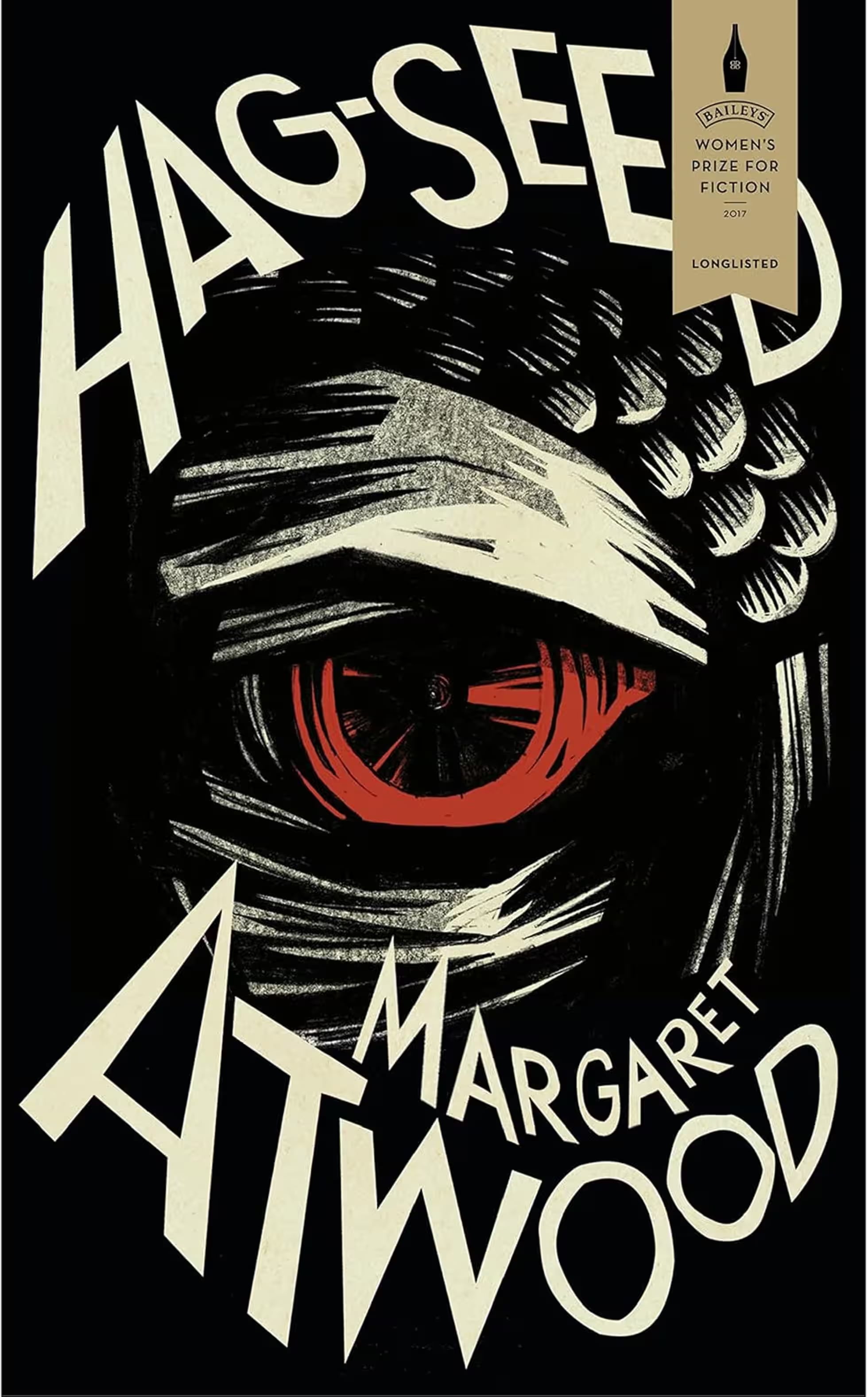 |
Cover of "Hag-Seed". Photo: Guardian |
Hag-Seed reimagines Shakespeare's The Tempest in a contemporary setting. It centers on Felix Phillips, a theater director betrayed by colleagues and ousted from his position. Haunted by the loss of his daughter and consumed by revenge, Felix, now calling himself Mr. Duke, teaches drama in a prison. He uses a production of The Tempest with the inmates as both a theatrical performance and a means of confronting his betrayers and processing his grief.
9. Oryx and Crake (2003)
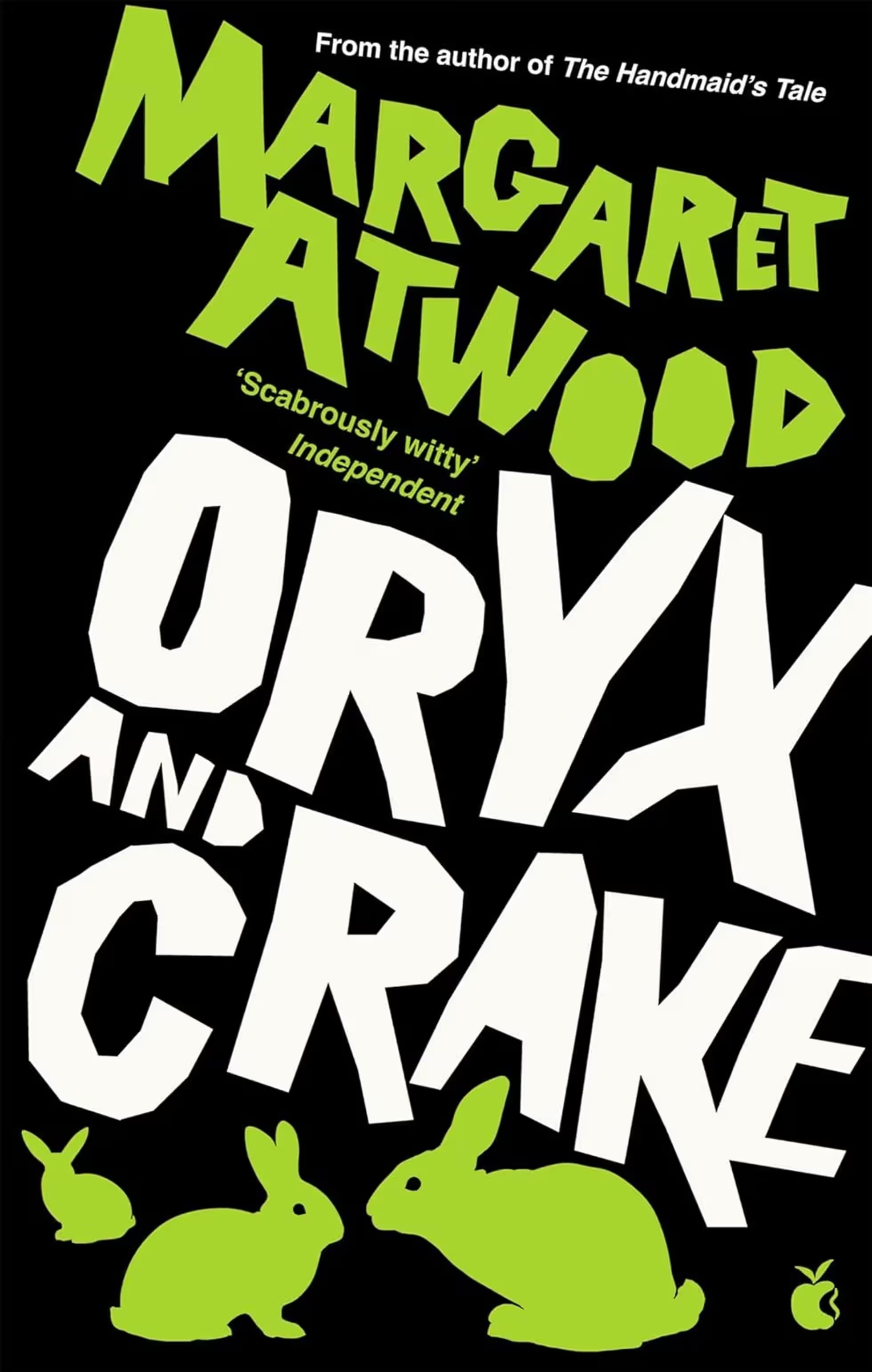 |
Cover of "Oryx and Crake". Photo: Guardian |
This novel opens Atwood’s MaddAddam dystopian trilogy. Set in a post-apocalyptic world ravaged by a pandemic, it follows Snowman (formerly Jimmy), seemingly the last human survivor. He wanders a world populated by strange, genetically modified creatures. Through Snowman's flashbacks, we learn about his past life with his brilliant friend Crake and the enigmatic Oryx, whom they both loved. The novel explores a future where biotechnology and genetic engineering have spiraled out of control, questioning the ethics of science and human nature in the face of existential threats.
10. The Testaments (2019)
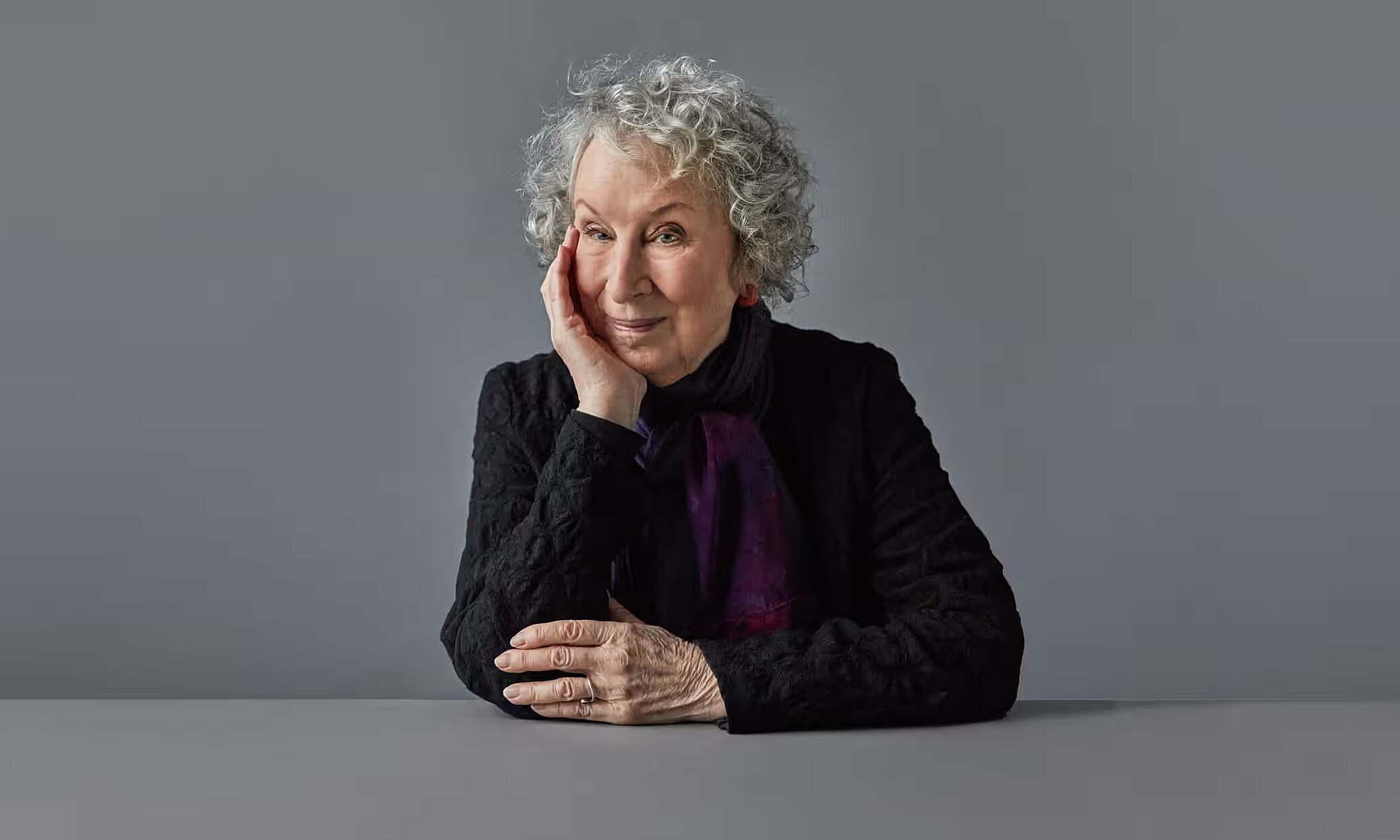 |
Margaret Eleanor Atwood. Photo: Derek Shapton/ Guardian |
A sequel to The Handmaid's Tale, set 15 years later, The Testaments delves into the inner workings and secrets of the repressive Republic of Gilead. Told from three perspectives—Aunt Lydia, a powerful figure within Gilead; Agnes Jemima, a young woman raised in Gilead; and Daisy, a teenager in Canada unaware of her connection to Gilead—the interwoven narratives reveal a growing resistance movement and efforts to overthrow the regime. The novel explores themes of power, resistance, and the nature of oppression.
In 2019, the novel won the Booker Prize.
Margaret Eleanor Atwood, 85, is a Canadian poet, novelist, literary critic, essayist, inventor, teacher, and environmental activist. Her work explores themes of language, gender and identity, religion and myth, climate change, and political power. Many of her poems are inspired by myths and fairy tales she enjoyed as a child. Atwood is also the founder of the Griffin Poetry Prize and the Writers' Trust of Canada.
Khanh Linh (via the Guardian)




